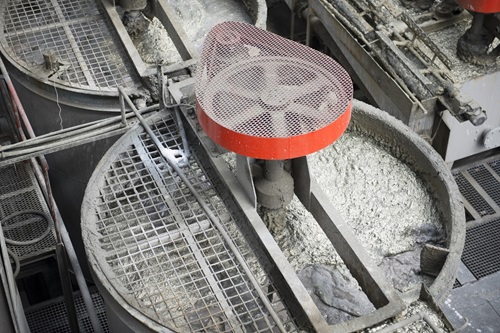
The commitments made by Canada, Germany, the United Kingdom, and the United States, member countries of the Industrial Deep Decarbonisation Initiative (IDDI), include adopting timebound commitments to procure low-emission cement, concrete, and steel. This pledge aligns with the WCA’s initiative to support a sustainable cement industry, encouraging technical development and innovation by its members to help achieve full decarbonisation by 2050.

The collective commitment of IDDI members to leverage their considerable national purchasing power to drive demand for low and near-zero-emission materials is a welcome pledge to accelerate heavy industries' decarbonisation efforts globally.
Despite these commitments to addressing and mitigating the environmental challenges associated with industrial activities, a substantial gap exists in sustainable infrastructure financing for developing countries, requiring an estimated $15 trillion by 2040. It is unclear how this gap will be bridged, with measures announced so far unlikely to have a significant impact.
The cement industry has reduced per ton emissions by 23% since 1990, with most of this reduction between 2000 and 2012. To meet 2050 net zero goals, we need to see an acceleration of progress. With nearly 90% of cement produced in emerging economies, this must be a worldwide effort.
“The World Cement Association has always emphasised the need for immediate and collaborative action between government and industry to make carbon-negative concrete a reality at scale. Creating demand for low-emission materials is essential for decarbonisation. Now is the moment to work together to make necessary progress this decade,” stresses Ian Riley, WCA’s CEO.









